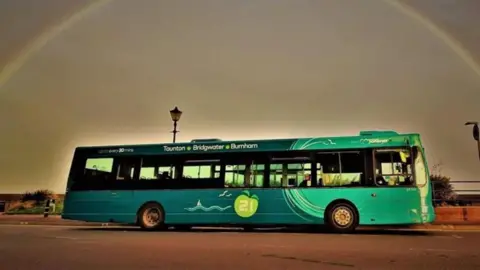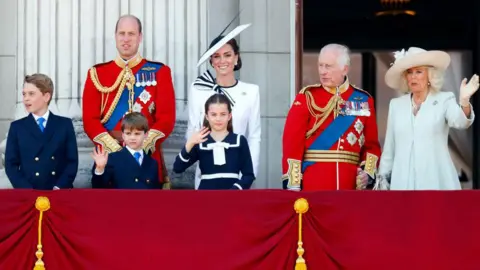Labour conference 2024: Unite accuses Labour of delaying winter fuel vote until ‘lights are out’ on Wednesday
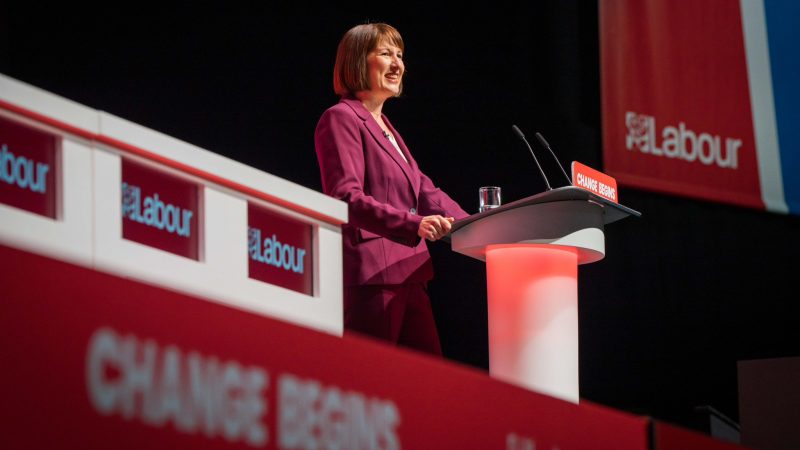
Unite has criticised Labour for postponing a vote on means testing the winter fuel allowance to the final day of conference.
A motion proposed by the trade union, which calls for the government to reverse the decision to cut the payment to ten million pensioners, will only be debated on Wednesday at the party’s annual meeting in Liverpool, when many attendees and media outlets will have already left the conference.
However, Unite has accused Labour of attempting to “silence” their concerns.
Sharon Graham, general secretary of Unite, said: “Right now, it is fair to say that the Labour leaders have tried to silence the voice of pensioners, workers and communities at party conference in this blatant manoeuvre to block debate on winter fuel cuts and the departure towards austerity mark 2.
“When this becomes widely known there will be real anger among everyday people. Real anger.”
Kate Dove, co-chair of the left-wing group Momentum, said it was “embarrassing” that the party’s leadership were “running scared of trade-union backed motions challenging the reversal of austerity measures”.
But Luke Akehurst, Labour MP for North Durham, Labour national executive committee member and secretary of self-described moderates’ group Labour First, said: “The overwhelming mood of conference delegates is to get behind Keir and the Government and focus on promoting all the great Labour policies we all agree on, rather than having a public battle over points of disagreement, or trying to undermine or back seat drive ministers.”
It comes after Chancellor Rachel Reeves defended the decision to means test the benefit in a speech to conference earlier this afternoon.
In her address, Reeves said: “I know that not everyone in this hall or in the country with every decision that I make. I will not duck those decisions, not for political expediency, not for personal advantage.”




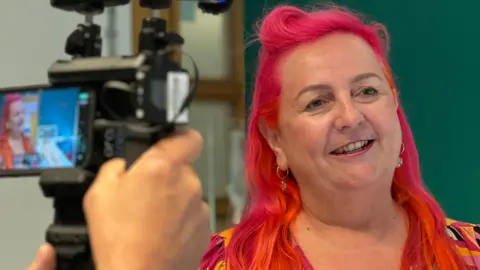





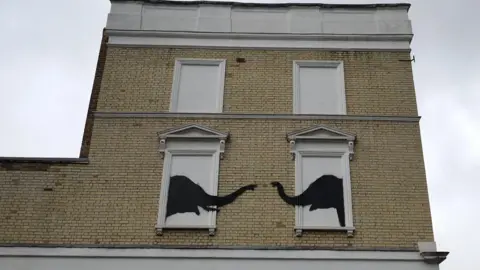 EPA
EPA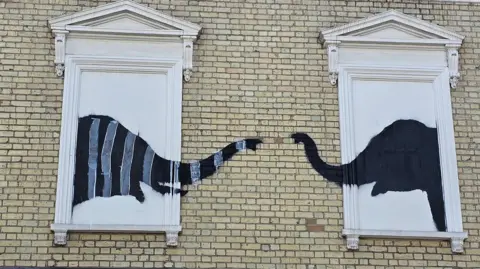 Handout
Handout


